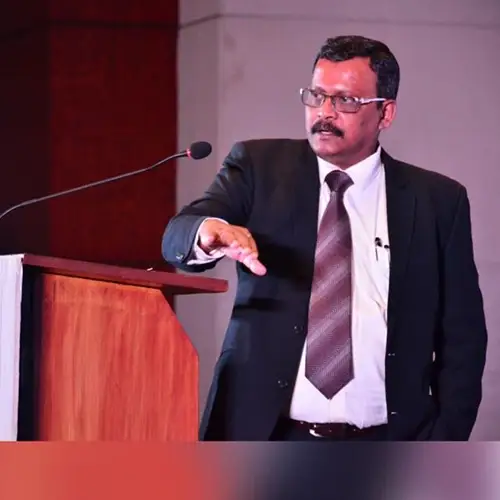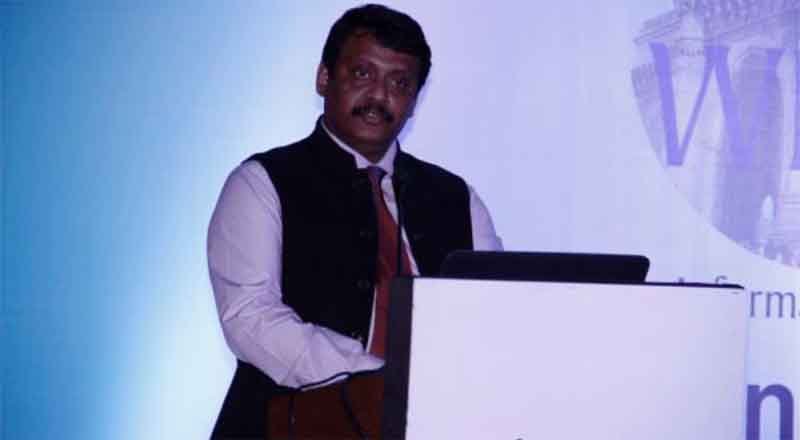
GFF 2025: India Leads Global FinTech with Innovation, Inclusion, and Ambition
Mumbai — The Global FinTech Festival (GFF) 2025, held at the Jio Convention Centre, concluded on a high note, reinforcing India’s growing leadership in the global FinTech ecosystem. With over 80,000 participants, 800+ speakers, and delegations from Asia, Africa, Europe, and the Middle East, the three-day event served as a powerful showcase of India’s digital transformation journey.
The event was buzzing with energy, new product launches, ecosystem developments, and forward-looking regulatory conversations. Key announcements included:
· Biometric payment authentication by NPCI
· CBDC (Central Bank Digital Currency) innovations from the RBI
· The unveiling of Finternet by Infosys Chairman Nandan Nilekani, a next-generation DPI platform aimed at tokenizing physical assets like real estate and gold by 2026.
“Just as UPI revolutionized money movement, tokenisation will reshape how we own and transfer assets,” Nilekani declared, drawing parallels between India's past FinTech breakthroughs and its future ambitions.
RBI Governor Sanjay Malhotra, referencing 22 recent reforms, urged FinTechs to focus on financial inclusion, last-mile delivery, and global scalability. With India now accounting for over 50% of global real-time payments, the country’s regulatory stance is closely watched across the world.
One of the defining moments came when UK Prime Minister Keir Starmer joined Prime Minister Narendra Modi on stage. Starmer hailed India’s trajectory, calling it "the world’s next third-largest economy." PM Modi emphasized the transformative role of the JAM trinity (Jan Dhan, Aadhaar, Mobile), and called for broader AI adoption to fuel inclusive growth.
The exhibition floor was a hotbed of innovation. Attendees explored futuristic payment solutions — from chip-enabled sunglasses and fingernail payment chips, to voice-activated wearables like rings, belts, and bracelets.
Startups also showcased AI-powered FinTech solutions, including integrations with Meta AI and WhatsApp, pointing to a future of seamless, intelligent consumer interactions.
The broader conversation is now shifting from FinTech to TechFin — where technology firms take the lead in delivering financial services. However, experts cautioned that energy efficiency and cost-
Across the convention centre, the energy was palpable. Companies like Multipl, CRIF, and Protean provided shuttle services to ease metro traffic, while restaurants in BKC thrived with exclusive networking dinners.
Yet, some key narratives were missed. The Global South, a focal point at GFF 2024, saw limited coverage this year. Observers noted a lack of updates on Indian FinTech expansions in Africa or Latin America.
On the investment front, many VCs acknowledged having capital ready but pointed to a shortage of late-stage, IPO-ready FinTechs. “Aspirations are high,” one investor said, “but execution and scalability must follow.”
As booths were dismantled and teams packed up, one thing was clear — GFF 2025 wasn’t just an event, it was a statement. India is not just participating in the FinTech revolution — it’s shaping it.
Attendees left with fresh insights, new connections, and a shared understanding: the future of finance is intelligent, inclusive, and increasingly Indian.








